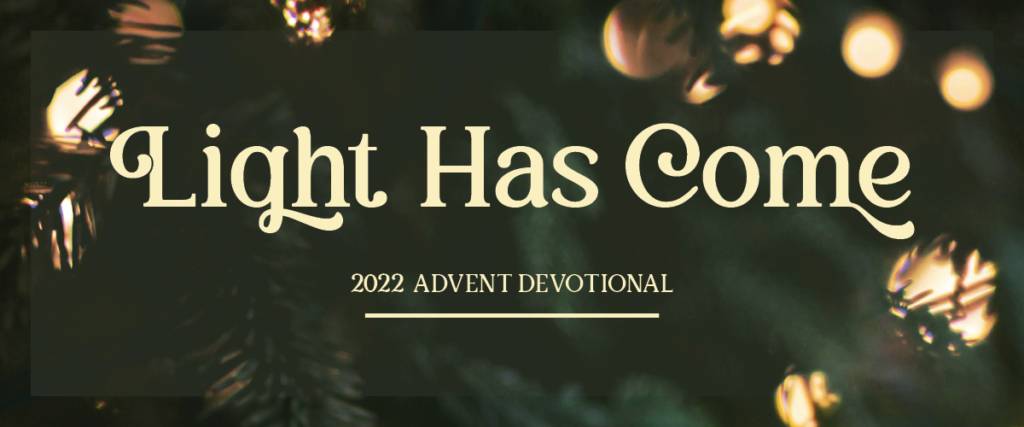
“I am the Alpha and the Omega,” says the Lord God, “who is and who was and who is to come, the Almighty.”
Revelation 1:8
During the fourth century, A.D., orthodox theology was fighting for its life against attacks by heretical perspectives.
One of the most prominent heresies was propagated by Arius (c. 250–336), who claimed that God the Father and the Son did not co-exist throughout eternity. The heresy stated that before His incarnation, Jesus was created by God and therefore Jesus did not exist throughout all time. Arius believed that Jesus was a created being that, though divine, was not equal to the Father.
Even back in the 4th century A.D., poetry and music reflected and voiced current issues of society. “Of the Father’s Love Begotten” is a poem written by Aurelius Clemens Prudentius (348–c. 413), intended to contradict the heretical thought that Arius had begun. Christian hymns like his have been used for polemical purposes throughout history.
From the first line of stanza one, “Of the Father’s Love Begotten” (“Corde natus ex parentis ante mundi exordium” — literally “Born from the parent’s heart before the beginning of worlds [time]”) Prudentius sets forth the argument that the Son has always been, is always and will always be with God and us.
Of the Father’s love begotten,
Ere the worlds began to be,
He is Alpha and Omega,
He the source, the ending he
Of the things that are, that have been
And that future years shall see,
Evermore and evermore.
This is perhaps the oldest hymn that congregations sing. By the time it arrived in a hymnal, it had traveled an amazing journey through 17 centuries and at least four countries: a Latin poem from a Catholic Spanish poet in the fourth century, a tune from Italy in the 11th century, a translation from an Anglican in 19th-century England and a harmonization in the 20th century by an American Episcopal musician.
The stanzas that give this poem a decidedly Advent/Christmas character are from stanza 3:
O that birth for ever blessed
When the Virgin, full of grace,
By the Holy Ghost conceiving
Bore the Savior of our race,
And the babe, the world’s redeemer,
First revealed his sacred face,
Evermore and evermore.
In our text from Revelation 1:8, Jesus refers to Himself as the “Alpha and Omega, who is to come,” the One who promises to return to make all things new. “Of the Father’s Love Begotten” is a testimony to what Christmas is really all about: the Creator loves His creation so much that He came to rescue and redeem it and to make all things new. He promises to come again and restore His creation.
This is no small promise. It is a promise from the Lord and Savior of all, who promises that we will live with him forever in the new heaven and earth.
So even though our world may have seemed broken back in the 4th century A.D., and seems just as broken today, we have hope.
Wherever you are, whatever you are experiencing on this Christmas Eve, the hope of Jesus’ coming is for you. Ours is the world Jesus came to heal and restore.
“Of the Father’s love begotten” is a hymn for all times and all ages that will be sung “evermore and evermore.”
Come, Lord Jesus.
Jim DeBoer is an adjunct associate professor of music at Hope College and the director of the Awakening Institute.

Scripture quotations are from the ESV® Bible (The Holy Bible, English Standard Version®), copyright © 2001 by Crossway, a publishing ministry of Good News Publishers. Used by permission. All rights reserved.

